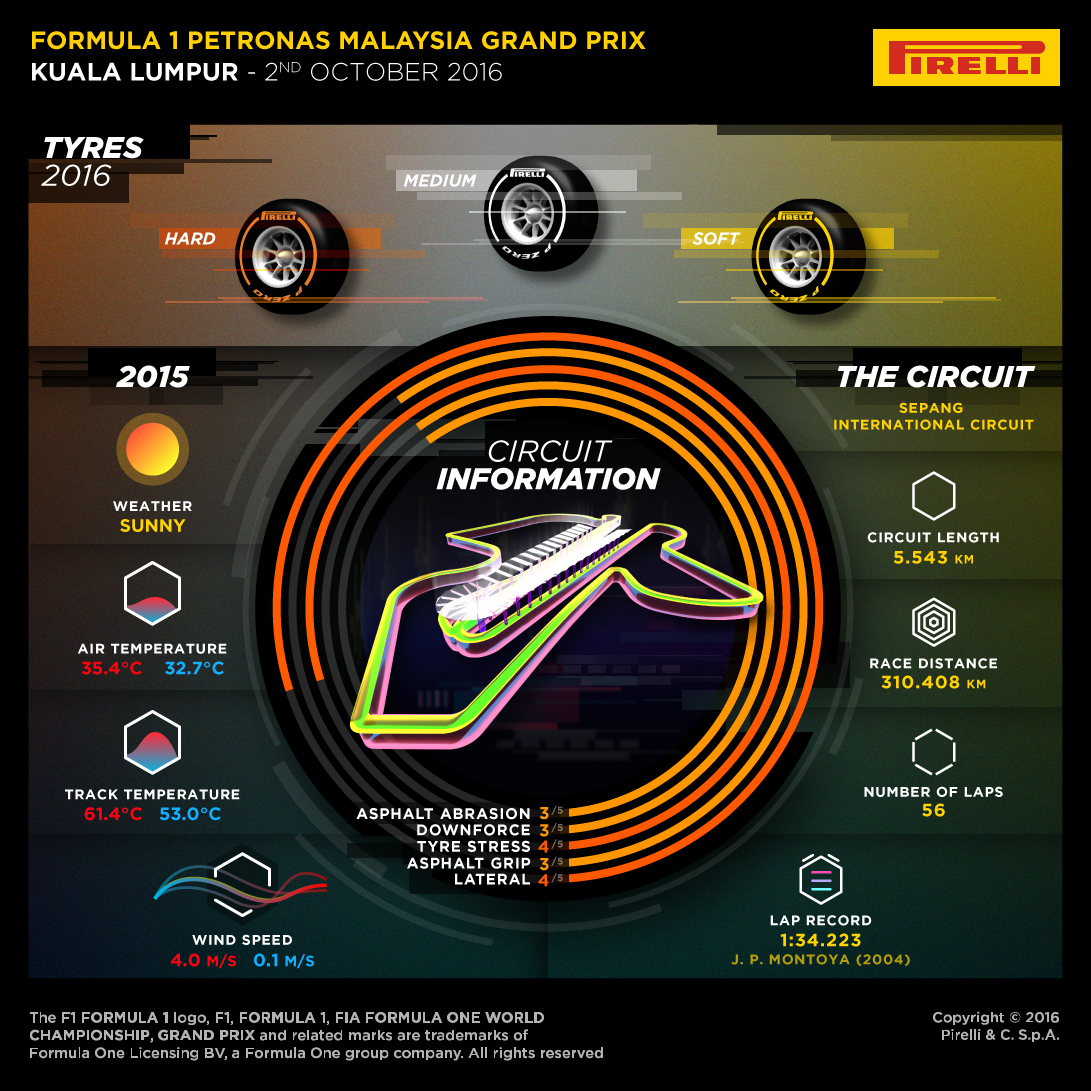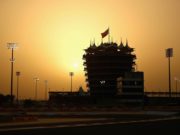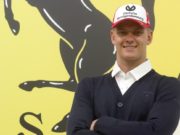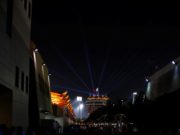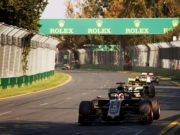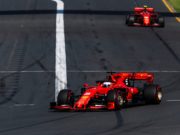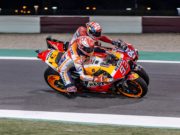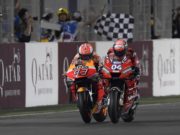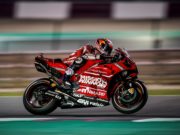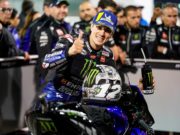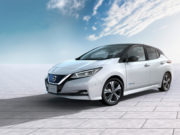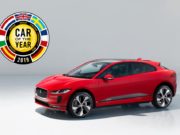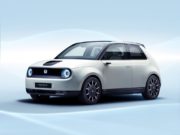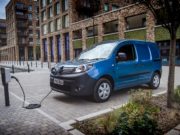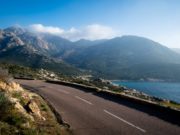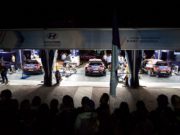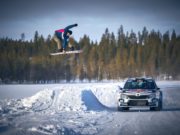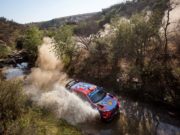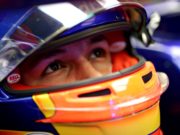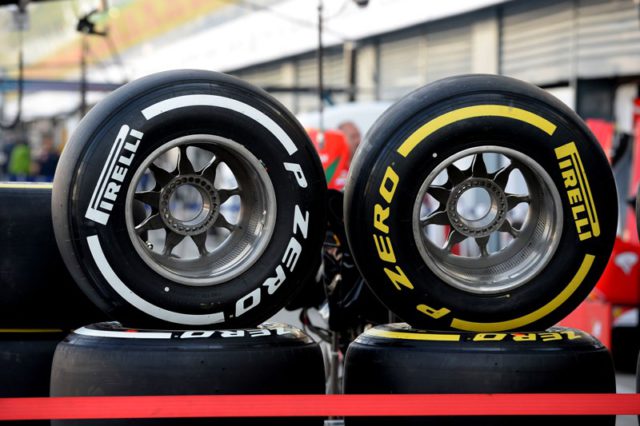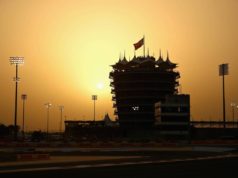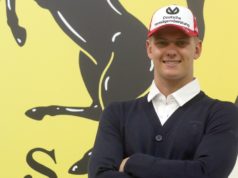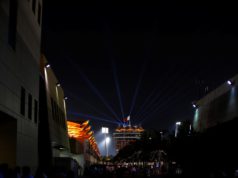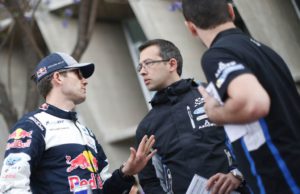About the only thing in common that the Malaysian Grand Prix has with the nearby Singapore Grand Prix that preceded it is humidity, Pirelli points out. Around 80% humidity is a common occurrence, as a result of which there are tropical torrential downpours almost on a daily basis.
The actual circuit however is totally different, with high speeds and long corners as well as high temperatures: one of the reasons why the three hardest compounds in the Pirelli range (P Zero Orange hard, P Zero White medium, and P Zero Yellow soft) have been nominated for the first time since Silverstone. For the first time since Canada, the hardest available compound must be used in the race (with two sets of hard nominated as obligatory sets). The track has been completely resurfaced, following a three-month closure earlier this year. That may mean that it is less abrasive than before: a typical characteristic of Sepang in the past.
The circuit from a tyre point of view
- Track temperatures are nearly always high: it’s actually possible to fry an egg on the asphalt.
- In the past, wear and degradation has been high, making a multi-stop race likely.
- Heavy rain has often been a feature of the Malaysian Grand Prix, even causing red flags. It also means that any rubber laid down is washed away, affecting the weekend’s track evolution.
- Thermal degradation is an important factor, again due to high ambient and track temperatures.
- Sepang is a varied circuit but there are also some fast corners with high lateral energy loads.
- The new surface should mean that the track is a lot less bumpy.
- The front-left tyre gets worked hardest, which tends to be the limiting factor in stint lengths.
The 3 nominated compounds:
- Orange hard: must be used in the race as two sets have been nominated as obligatory sets.
- White medium: should be key to a flexible strategy, which often pays off in Sepang.
- Yellow soft: a soft compound but high working range, which makes it very usable in Malaysia.
A year ago:
- Ferrari’s Sebastian Vettel won with a two-stop strategy. He started on medium, switching to medium again on lap 17, then hard on lap 37. Track temperatures of 56 degrees were seen.
- Best alternative strategy: Mercedes driver Lewis Hamilton used a three-stop strategy to finish second, having started from pole. Three stops were also used by his third-placed team mate Nico Rosberg.
Paul Hembery, Pirelli Motorsport Director:
“In terms of extreme conditions that provide a real test for the tyres, Malaysia is right up there with anything else we see all year. That’s because of the extremely high temperatures as well as the high energy loadings through the fast corners. The big unknown for this year is the track surface, which is completely new. The weather can also change in an instant, turning the track into a monsoon. As a result of all that, Sepang tends to be quite a varied weekend where track evolution is hard to follow. We’ve seen a high number of pit stops in the past and we would probably expect multiple stops from most drivers again this year: this of course opens up an even wider array of variables when it comes to potential race strategies, now that teams have three compounds to choose from.”
What’s new and important:
- There’s an entirely new surface, plus new drainage, new kerbs and redesigned gravel traps.
- Malaysia shifts calendar slot, moving from a March date last year to late September this year.
- The 2017 wider tyre test campaign continued last week, with Mercedes testing wet tyres in France.
- The track action starts on Thursday this year with the first GP2 session in the late afternoon.
- The two title protagonists – Lewis Hamilton and Nico Rosberg – have slightly different choices for Malaysia. Hamilton has an extra set of hards, while Rosberg has chosen more mediums.
